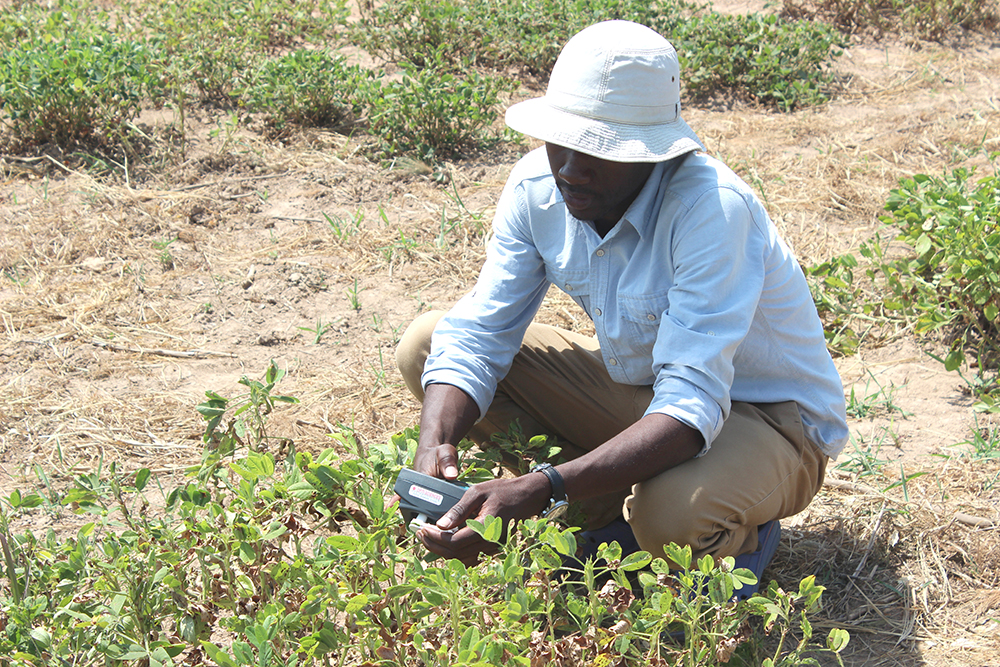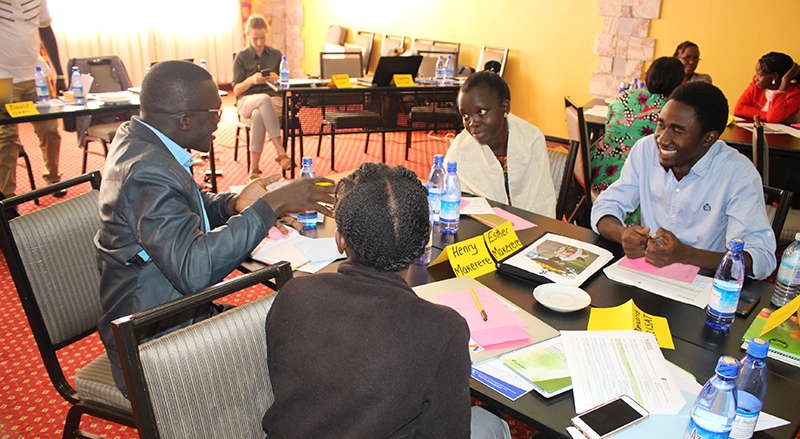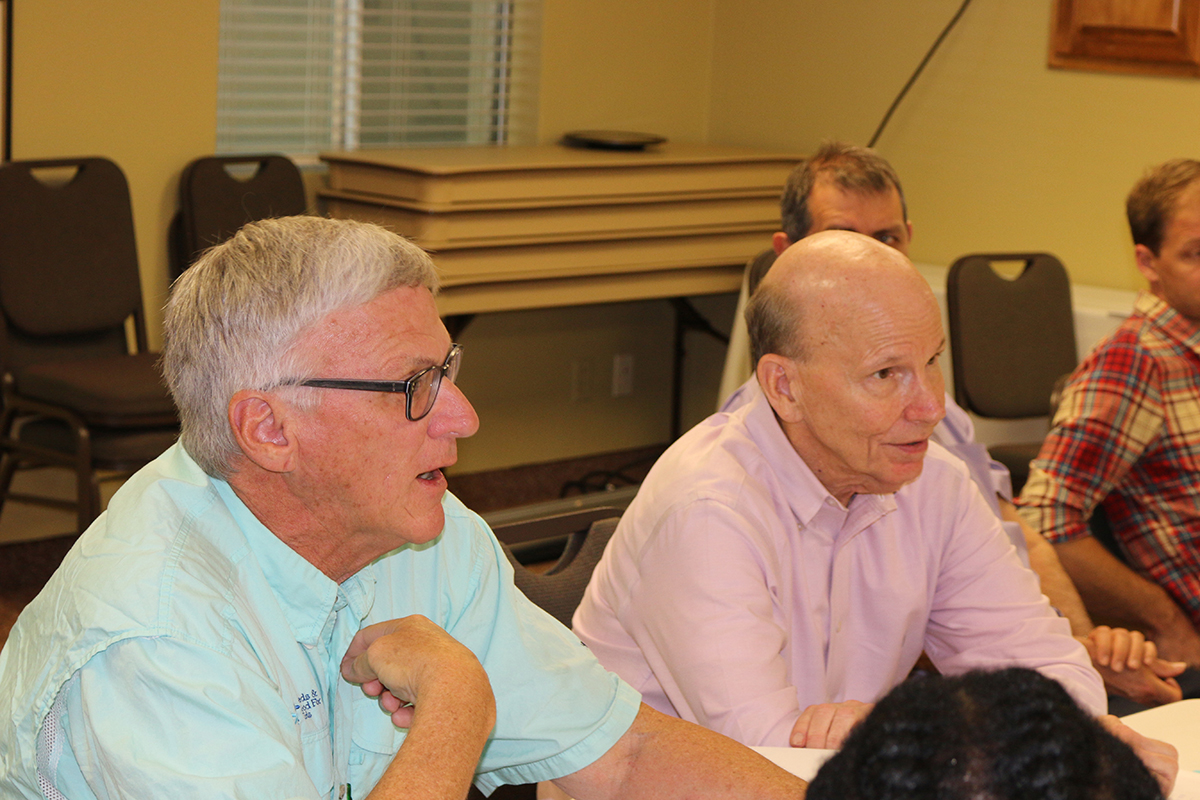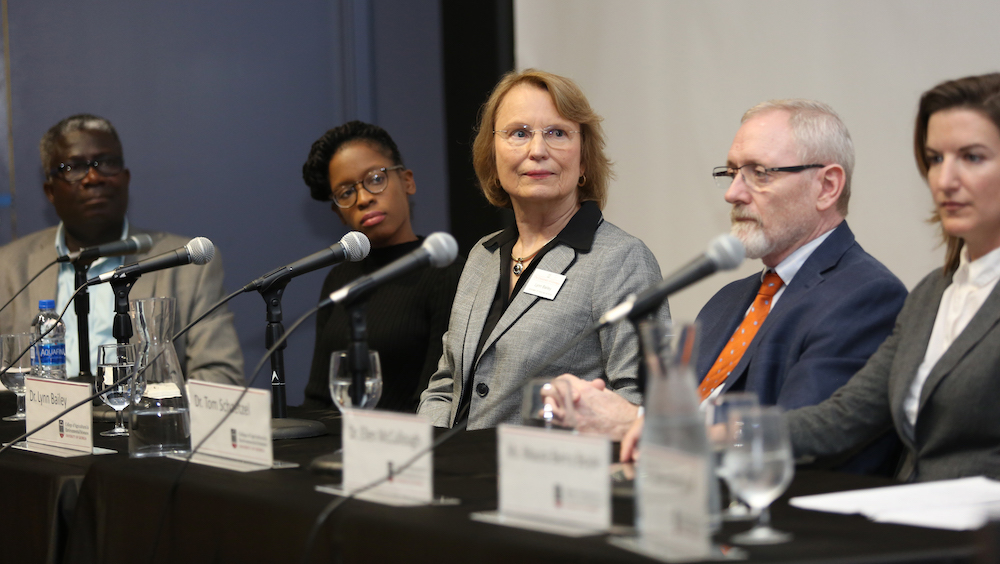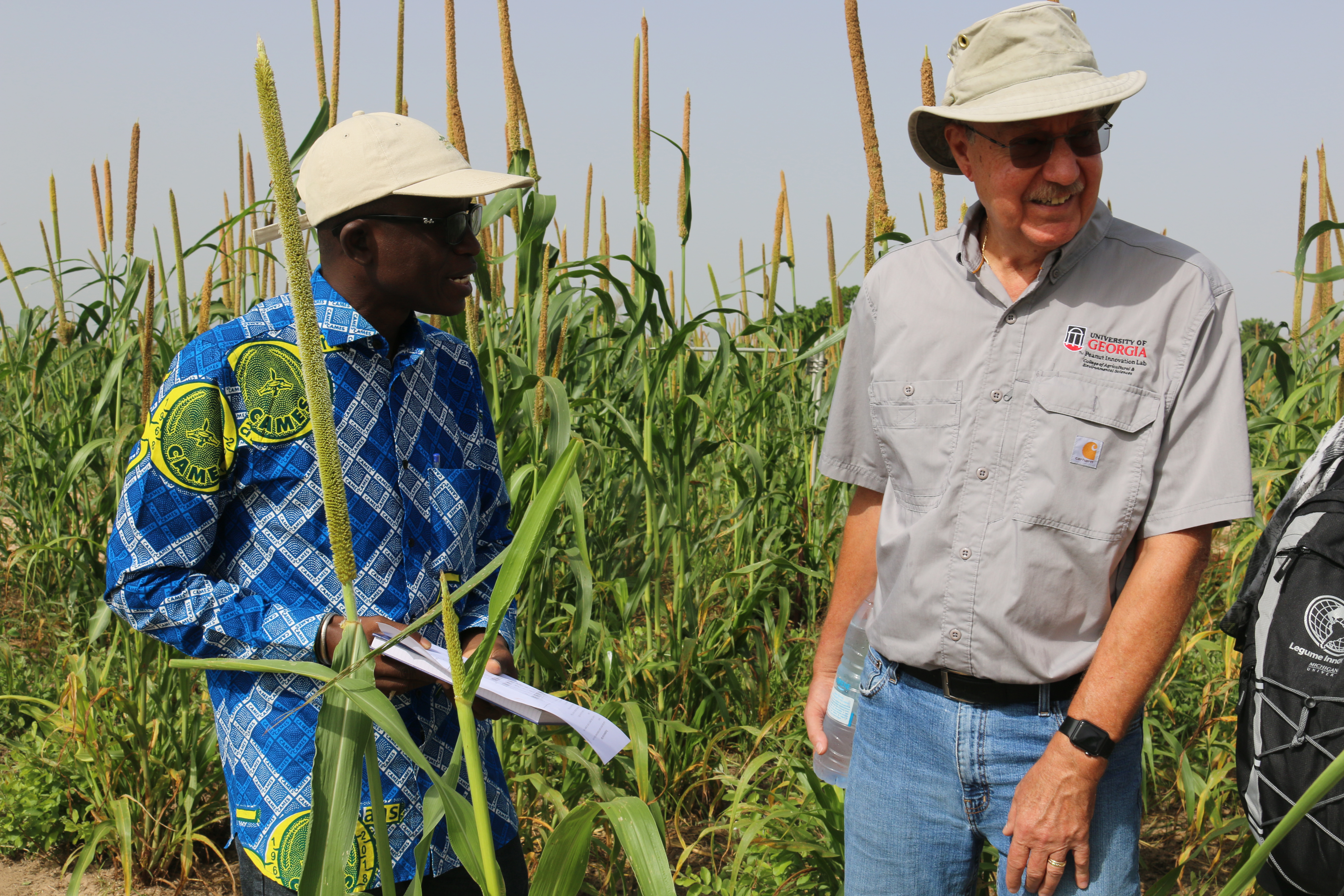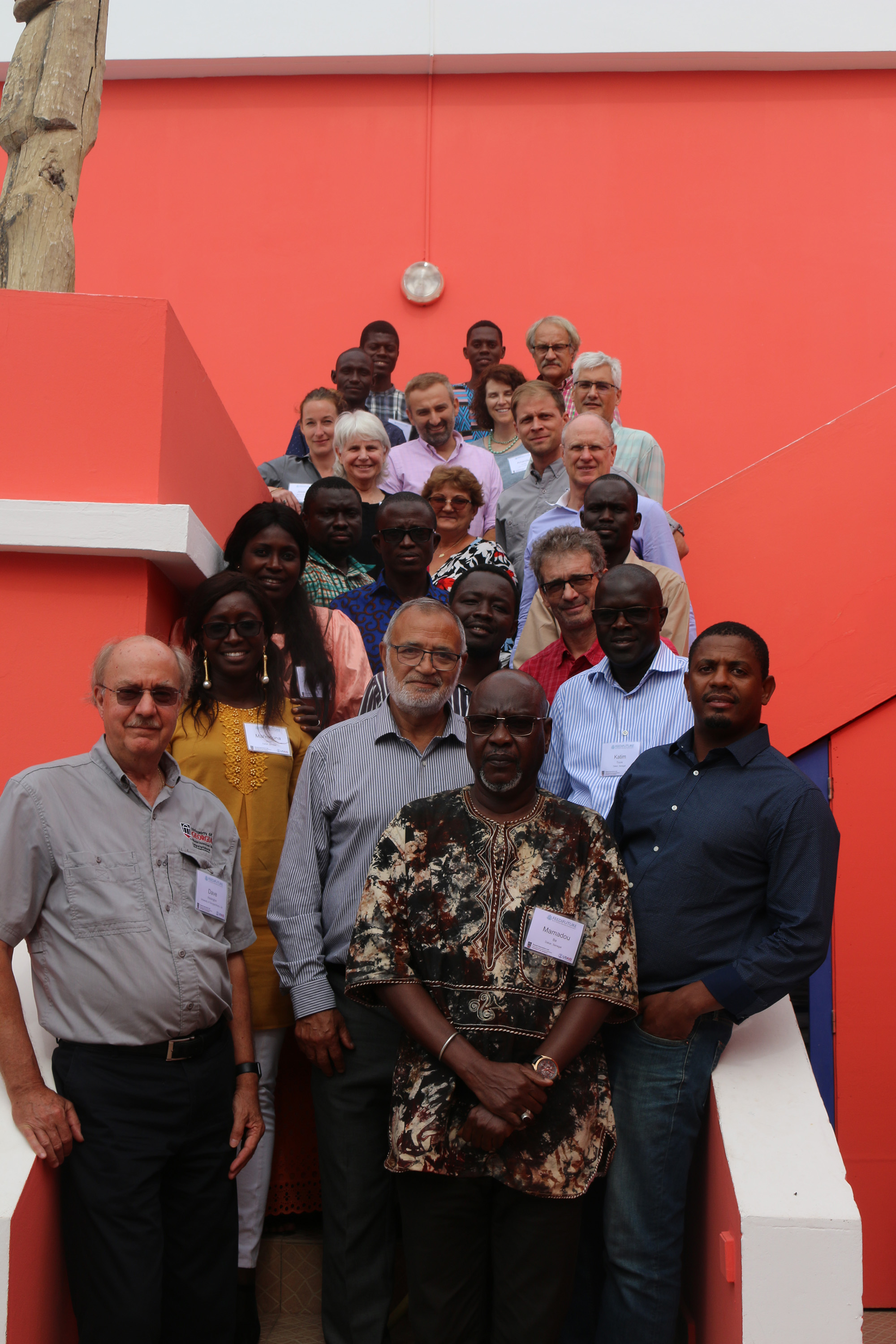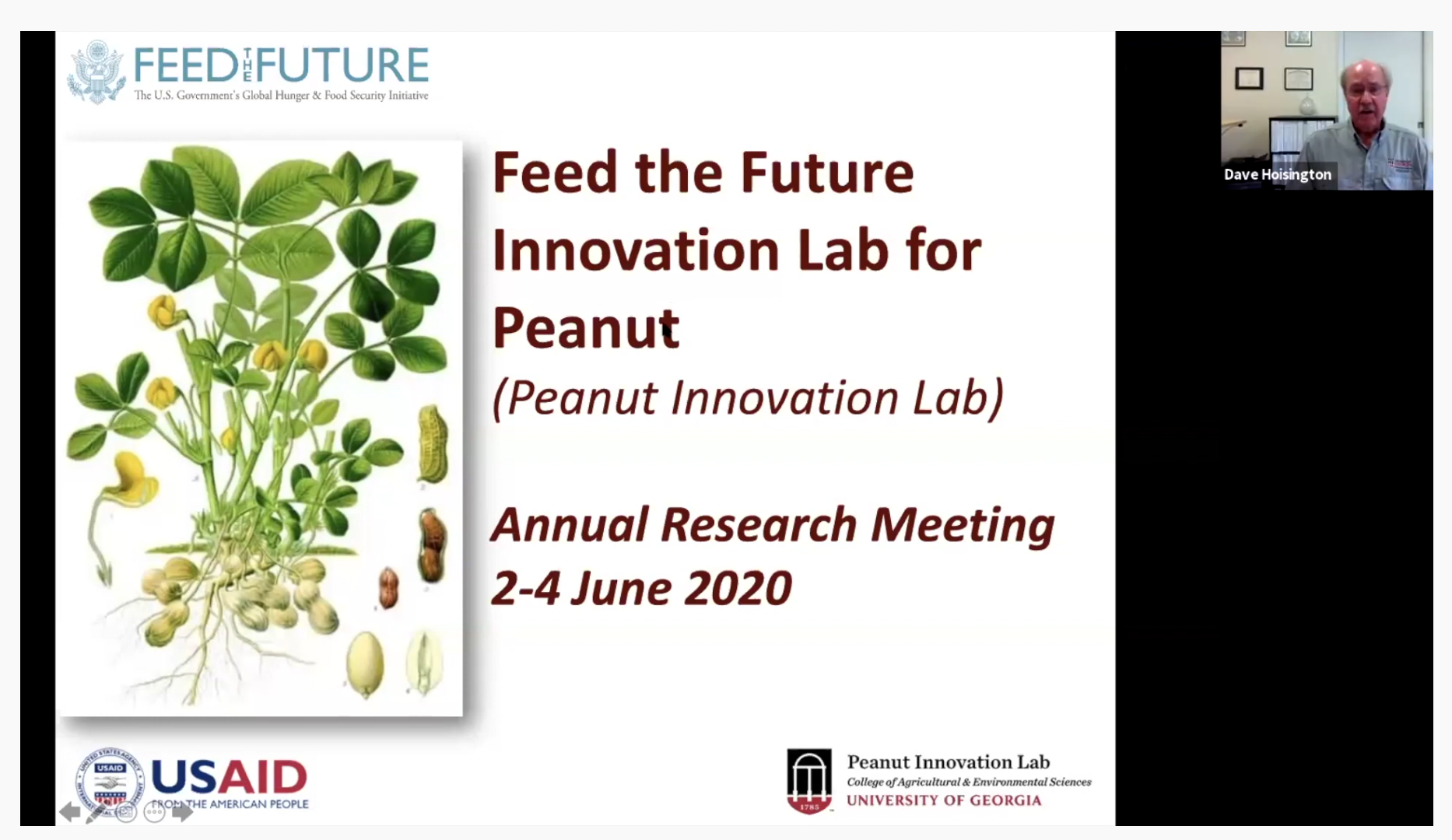 CAES News
CAES News
Virtual meeting
At the end of any multiple-day meeting, the Peanut Innovation Lab would survey participants to solicit opinions on the most helpful (and, not so helpful) aspects of the gathering. Following the program’s first all-virtual annual meeting and June, that feedback was even more important than usual, leading the lab to conduct an in-depth survey about what worked, what failed and how participants would like to attend meetings in the future.

